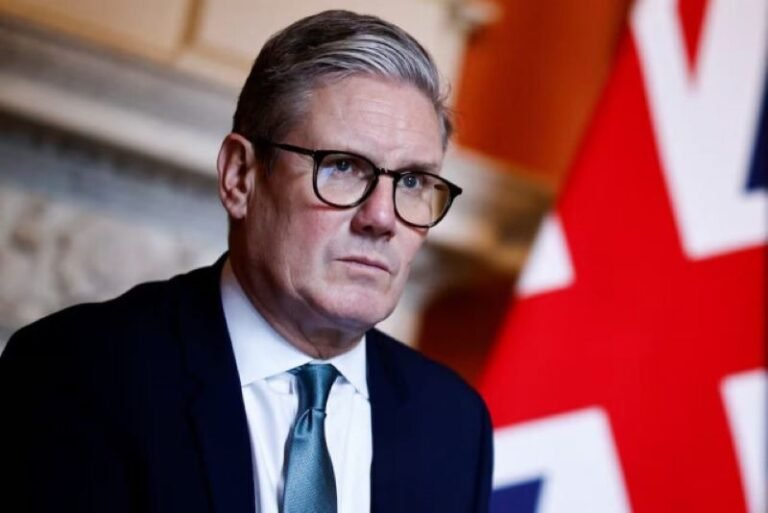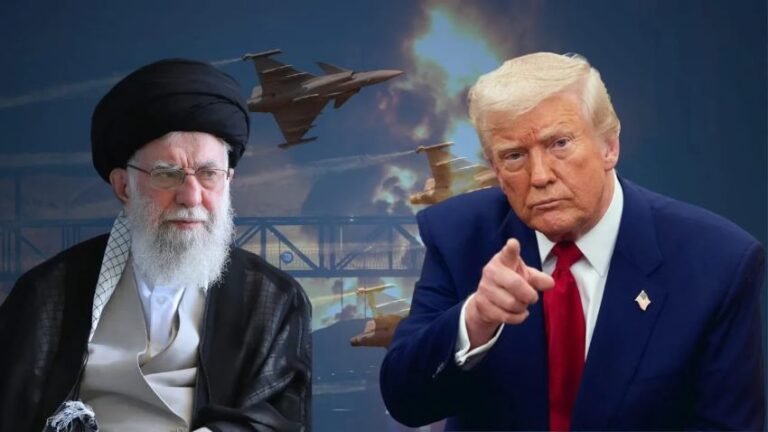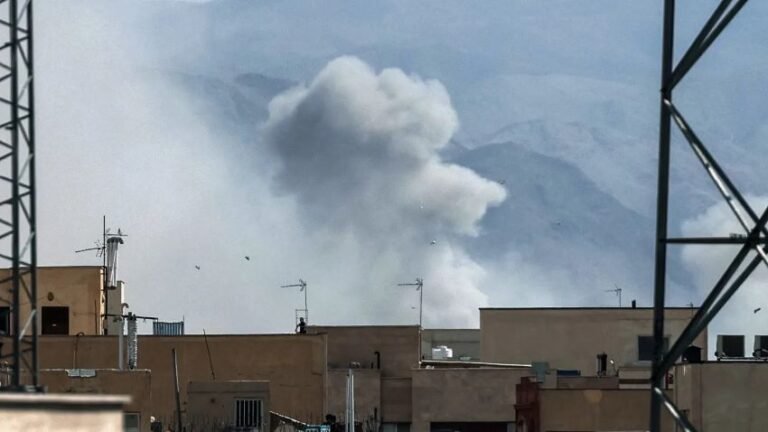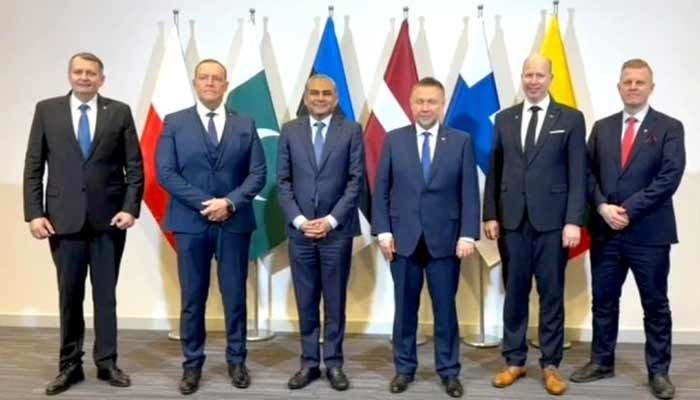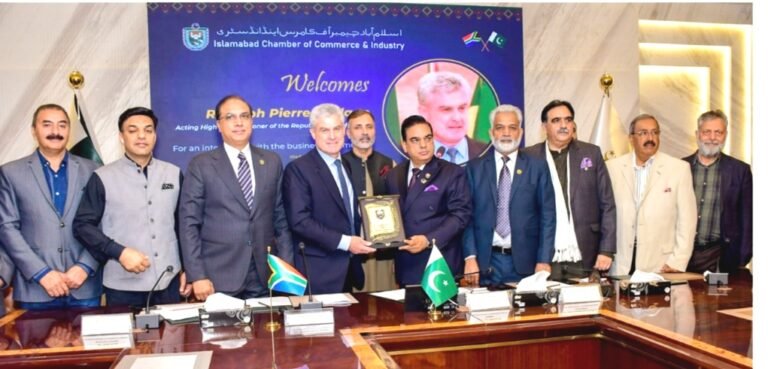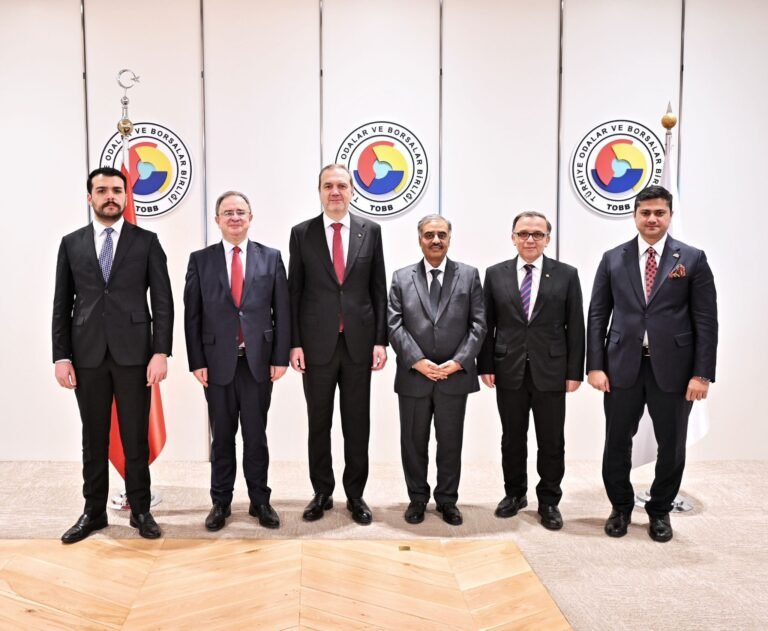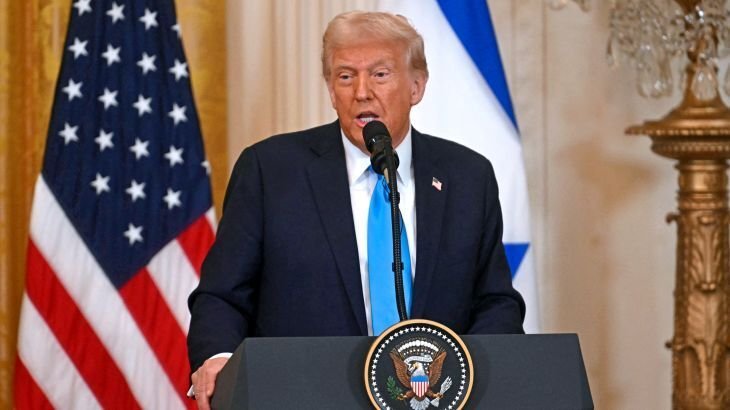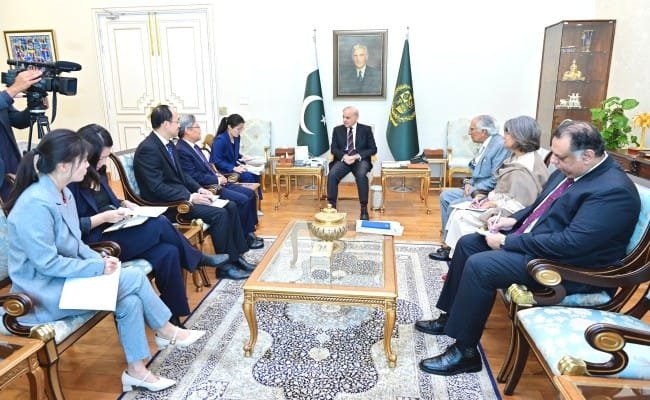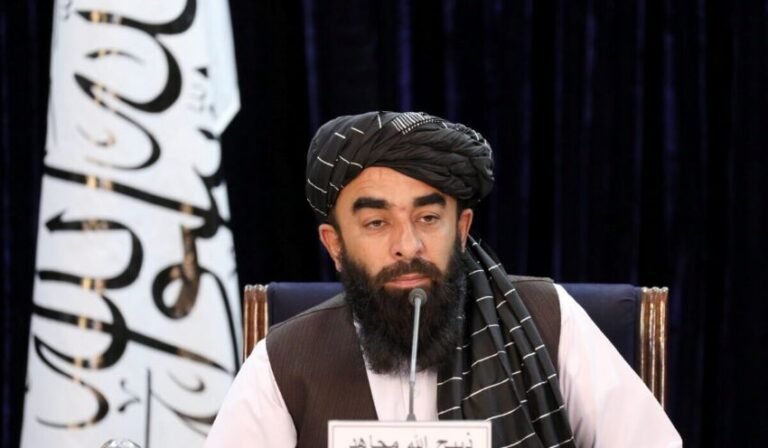Emmanuel Chidiebere Edeh and Qing ye Tang
Africa is at a pivotal point as the African Union (AU) prepares for its crucial general election in February 2025 to elect a new chairperson. In addition to choosing a visionary leader, this election offers Africa the chance to redefine its global position in the face of a fast-changing geopolitical environment—the US’s renewed interest in Africa and Russia and China’s deepening of cooperation with African countries.
Africa needs to adopt a practical approach to development, making the most of the chances provided by its partnerships while promoting cordial relations with the US, Russia, and China.
Furthermore, Africa should emphasize its importance as a global partner by presenting itself as a link in mending tense ties between the United States and China.
Above all, a unified African Union must lead the continent in implementing self-reliance policies similar to China’s successful growth model.
The Need for a Pragmatic Stance on Development
At the core of the AU’s vision, as outlined in the continental developmental framework of Agenda 2063, is “an integrated, prosperous, and peaceful Africa, driven by its own citizens and representing a dynamic force in the global arena.” Yet, development has remained uneven across member states.
This is largely due to a lack of cohesive strategy across member states, fragmented policies, and inconsistency with leadership.
Thus, Africa’s development agenda must change from lofty aspirational rhetoric to actionable pragmatism.
Pragmatism requires a practical approach to development, focusing on tangible and scalable results, especially in technology, education, and infrastructure.
For example, despite having a young population and a wealth of natural resources, Africa is still very dependent on imports and external aid.
The continent’s demographic dividend can only be realized through investments in educational systems that prioritize technical and vocational skills. Infrastructure developments need to be in line with global supply chains in addition to connecting African markets.
A pragmatic approach ensures that Africa’s human and natural resources are integrated to drive its development agenda. At the same time, Africa’s long-term interests are upheld in all negotiations to leverage external partnerships.
Seizing Opportunities with great power blocks like China, Russia, and the U.S.
The global competition between the United States, China, and Russia offers Africa special chances to advance its development agenda.
These countries see Africa as an important partner: the United States, with its “Prosper Africa initiative” and emphasis on trade, investment, and democracy; China, with its “Belt and Road Initiative” (BRI) and infrastructure investments; and Russia, with the Russia-Africa Partnership Forum, which emphasizes expanding political and business ties.
The United States’ renewed interest in Africa has been seen as a move to counter China’s influence and investment on the continent. It has proposed a $3 billion deal for the Lobito Corridor railway redevelopment linking Zambia, Congo, and Angola.
The Southern African corridor aims to increase U.S. presence in an area rich in vital minerals needed in batteries for electric vehicles, electronic devices, and renewable energy technologies while also facilitating the shipment of raw materials for export.
Meanwhile, China has already made significant investments in the extraction and processing of African minerals.
Russia, on the other hand, is actively seeking to expand its presence on the continent for political support. Russia has proposed building spaceports in friendly nations, including African countries, especially countries—Algeria, South Africa, and Zimbabwe—closer to the equator that provide better locations for spaceports.
This year, it also signed satellite deals with Burkina Faso, Mali, and Niger to expand telecommunication and remote-sensing satellites for these nations to boost national security.
All this infrastructure is vital for Africa to leverage through partnership for its own development. Hence, instead of picking sides, Africa needs to engage with these powers in a positive way. China’s proficiency in infrastructure development, for instance, enhances the United States’ emphasis on institutional capacity-building and governance.
By carefully coordinating these strengths, Africa can create a hybrid model that combines democratic governance and infrastructure development, promoting stability and prosperity over the long run.
Furthermore, thanks to its involvement in international trade frameworks like the African Continental Free Trade Area (AfCFTA), Africa has a platform to negotiate better trade agreements with both powers. By harmonizing standards and regulations, Africa can balance its interactions with China and the United States and establish itself as a preferred trading partner.
Fostering Harmonious Coexistence Between Global Partners
Global politics are becoming increasingly divided due to the rivalry between China and the United States, but Africa has the capacity to bring people together. As the AU gets closer to its election, policies promoting peaceful coexistence among its international partners must be prioritized. Regional diplomacy is one strategy.
On African soil, African countries can host discussions to promote mutual understanding and cooperation between U.S., Chinese, and Russian representatives. Common interests like combating climate change, tackling public health issues, and advancing international security can be the focus of these platforms, illustrating the advantages of cooperation over competition by encouraging trilateral cooperation.
Joint investments in Sahelian renewable energy projects could be a test run for the China-US partnership, demonstrating how their combined resources and experience can be used to tackle global issues.
Africa must also ensure that its alliances are inclusive, transparent, and advantageous to both parties. Unlike bilateral agreements, multilateral engagements through the AU offer a chance to balance conflicting interests while guaranteeing that Africa’s voice is heard.
This strategy upholds Africa’s position as a neutral but crucial actor in world geopolitics. As such, the next AU Chairperson must possess the strategic vision and deft diplomacy needed for this positioning.
Electing Visionary Leadership for a Transformative Future: Tapping into Africa’s Potentials
Choosing a leader is only one aspect of the 2025 African Union election; another is determining Africa’s course in a world that is becoming more competitive and interconnected.
With the right leadership, Africa can transform from a passive actor in international affairs to a proactive, vital partner. However, achieving this potential necessitates a shift from reliance to independence. China’s development story offers a compelling model.
By making calculated investments in innovation, education, and infrastructure, China went from being a low-income country to having the second-largest economy in the world.
Africa can learn a lot from this strategy, especially in developing a skilled labor force, modernizing agriculture, and supporting indigenous industries.
Thus, Africa’s path must be context-specific, emphasizing sustainability and inclusivity. In addition, enormous potential can be realized by taking a practical approach to development, taking advantage of opportunities with China, Russia, and the United States, and encouraging peaceful coexistence among its partners.
By serving as an intermediary between superpowers, the continent can help mend broken ties rather than be a battleground for superpower interests while ensuring its own progress. Most significantly, Africa can guarantee that its development story is shaped by Africans, for Africans, by embracing independence and solidarity.
As a call to action, the 2025 AU election offers the opportunity to choose leaders who embody vision, pragmatism, and a dedication to collective progress. The rewards are as high as the stakes, and the time for Africa has come.
*Emmanuel Chidiebere Edeh is a Postdoc Fellow at the School of Liberal Arts, Shanghai University, China, and Qing ye Tang is the Vice Dean at the School of Foreign Languages and Linguistics, Shanghai University, China.
*The views and research expressed here in this article are by the authors, and do not necessarily reflect the position of this publication.
Established in December 2008, The Diplomatic Insight is Pakistan’s premier diplomacy and foreign affairs magazine, available in both digital and print formats.



